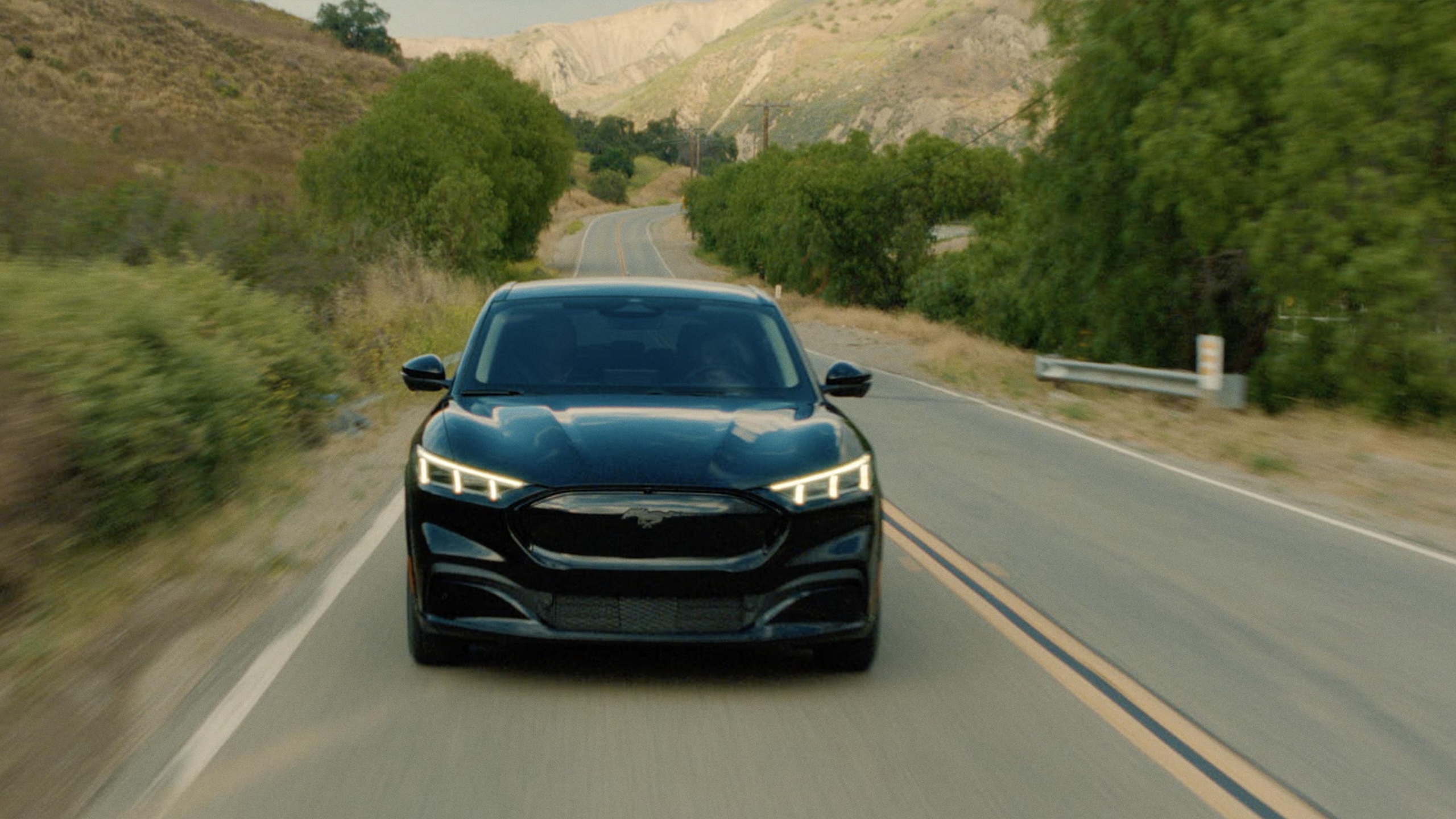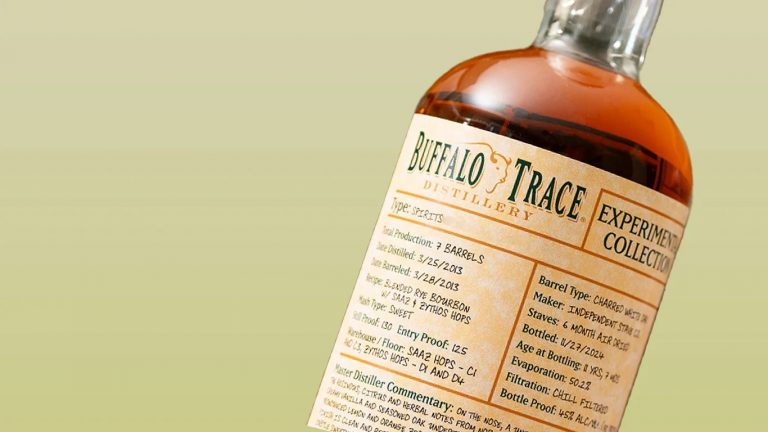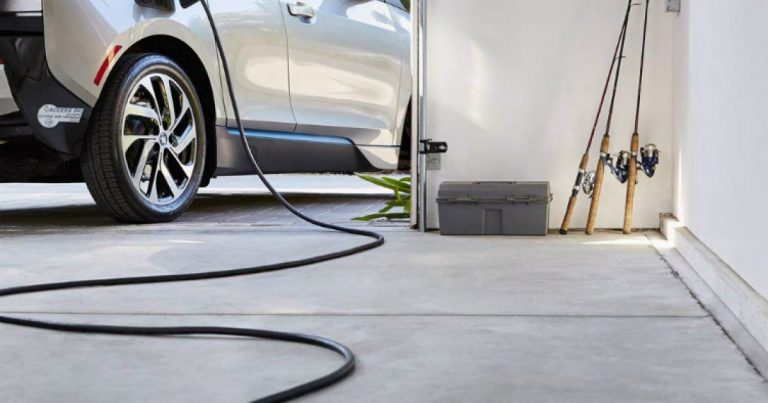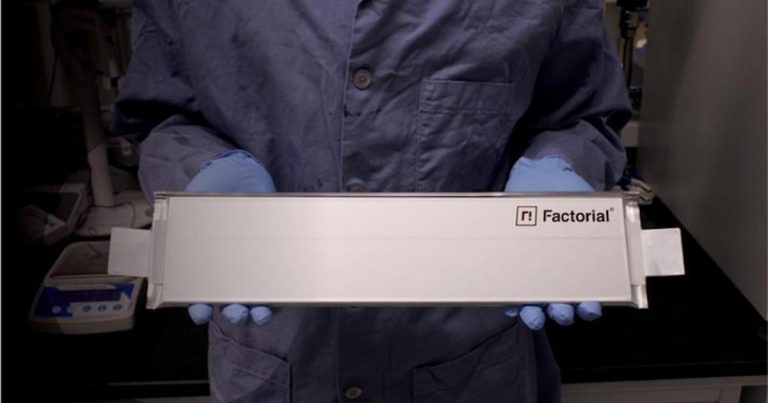Blaming BlueCruise: Unconventional Defense Strategies in Fatal DUI Cases

Here’s the rewritten content in a unique, conversational tone:
You’ve heard of “hands-free driving,” but does that mean the tech’s completely reliable? Defense attorneys for a driver involved in a fatal DUI crash think so, arguing that even if the human behind the wheel is sober, it’s the self-driving tech that’s responsible for any vehicle maneuvers. Yeah, it’s a wild notion, but one that raises serious questions about the accountability of these systems.
Speaking of wild, have you heard about the recent fatal crash in Pennsylvania? A Ford Mustang Mach-E with its BlueCruise autonomous system and adaptive cruise control enabled plowed into three vehicles parked on the side of I-95. The Mach-E was cruising at 71 mph, and the passengers in the stationary vehicles, two of whom died in the collision, were reportedly just stopping to help someone whose car had broken down.
Fast-forward to a few months later, and the 23-year-old driver has been charged with DUI, tampering with evidence, reckless driving, and homicide by vehicle. But get this – the driver’s attorney, Zak Goldstein, isn’t disputing the DUI charges. Instead, he claims that the crash wasn’t even a DUI-related incident since the human driver wasn’t actually controlling the vehicle when it crashed. “If it’s a failure in a self-driving or a driving system, that may not be a homicide by DUI even if the driver is intoxicated,” Goldstein said.
This isn’t the first Mach-E crash, though. In fact, another nearly identical incident occurred in Texas in February, where a BlueCruise-equipped Mach-E struck a stationary vehicle at night. And guess what? The National Highway Traffic Safety Administration is investigating both incidents. Because, you know, this stuff is starting to sound a little more serious by the minute.
Here’s the thing, though – no car on the market today is fully self-driving. At best, we’ve got partially autonomous systems like BlueCruise, GM’s Super Cruise, and Nissan’s ProPilot Assist, which all require human input at any given time. Ford even acknowledges this, stating that driver-assist features are supplemental and do not replace the driver’s attention, judgment, and need to control the vehicle. Yeah, maybe it’s time to add “sober” to that list too.
So what do you think? Are you concerned about the future of autonomous driving? Do you trust these systems enough to ride in a self-driving car? Let us know – we’re always eager to hear your thoughts!






